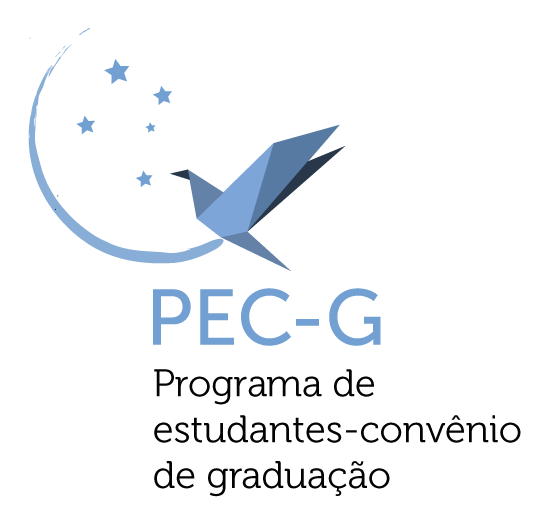Introduction
Brazilian Education Exchange Programs
The Brazilian government grants opportunities to potential candidates from developing countries to study in Brazil, through its education cooperation programs, PEC-G and PEC-PG. The PEC-G offers students placement at Brazilian universities to pursue undergraduate studies. From 2000 to 2018, more than 10,000 students – 76% from Africa – joined the program. The PEC-PG awards scholarships for postgraduate studies (Masters and PhD) at top Brazilian Universities.
Brazilian Educational Outlook
Brazilian education encompasses two levels: basic education - comprising early childhood education, primary education and secondary education; and higher education - comprising undergraduate and graduate levels.
Brazil is home to the largest system of higher education in Latin America with 2,368 institutions (87% are private) and over 8 million students enrolled in higher education across the country.
The standard Brazilian undergraduate bachelor’s degree is awarded in most fields of arts, humanities and sciences and it normally requires four years of post-secondary studies at a certified higher education institution.
The Higher Education system is divided into Public and Private Institutions. Public institutions do not charge tuition fees for national or international students. 75.27% of undergraduate students are registered in private institutions. However, public and private not-for-profit universities are the most internationalised and better-ranked institutions, offering postgraduate programmes in most areas of knowledge.
Contact us
Get more information
Make conversation more real


